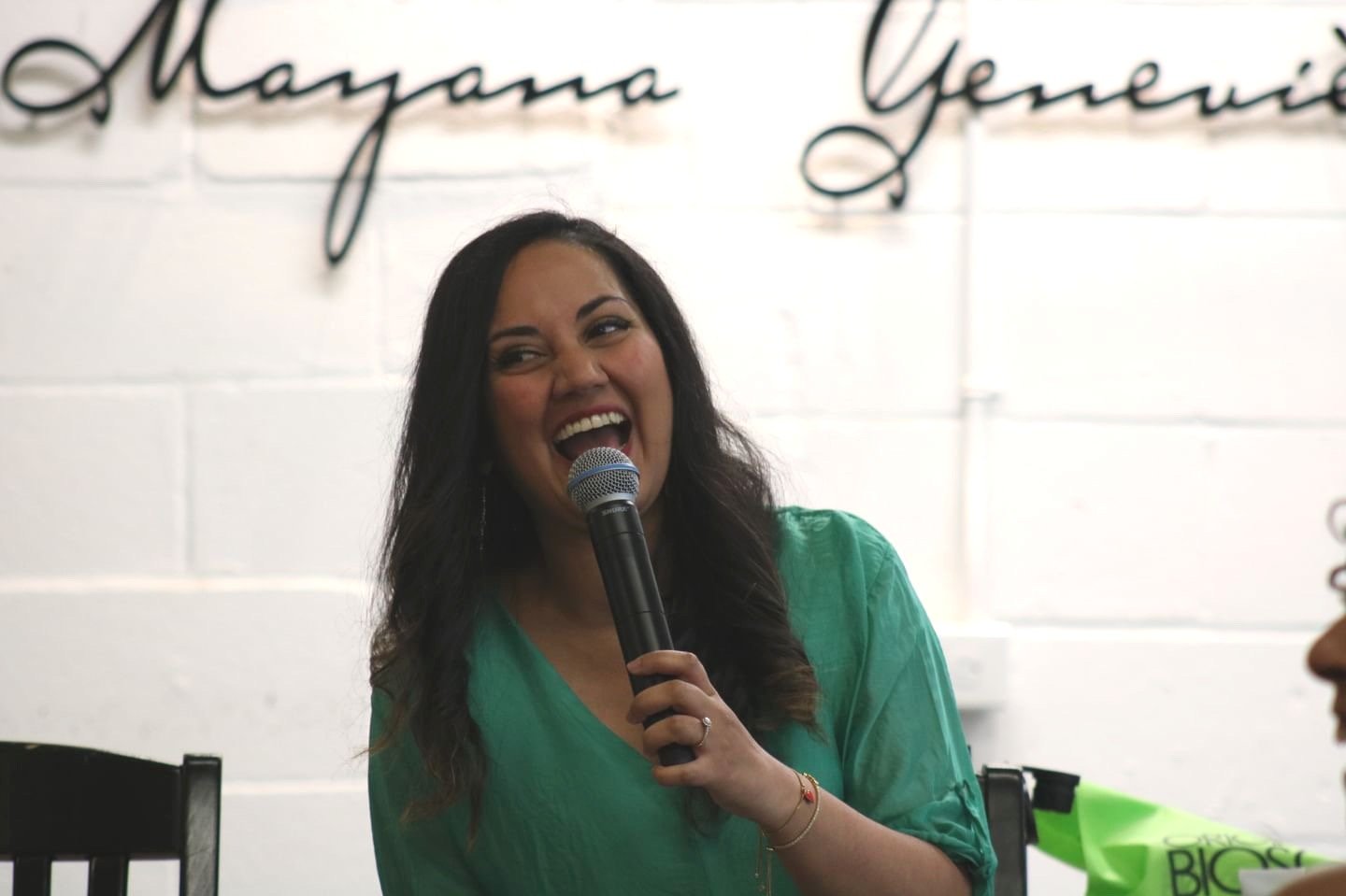Why Gear Matters Least When You’re Starting a Podcast
If you’re thinking about starting a podcast, but you’re worried you don’t sound perfect, STOP. Gear should be the least of your worries when you’re starting a podcast. Here’s why.
If you’re thinking about starting a podcast, but you’re worried you don’t sound perfect, STOP. Gear should be the least of your worries when you’re starting a podcast. Here’s why.
Over on Podnews today they have a section about how Netflix is rolling out an audio-only mode on Android. They believe it could threaten podcasting because Netflix hopes you’ll stay in that app instead of listening to a podcast. I’m here to tell you this won’t even remotely threaten podcasting. Here’s why.
As you start your podcast, you’ll be faced with tons of decisions to make, like format, topics, artwork, what kind of gear to buy, and more. here are some dos and don’ts to help make your journey a little smoother.
So you’re ready to upgrade your podcast set up and sound even better. That’s fantastic! Hopefully you have your XLR Mic picked out, but there’s one more piece of e1uipment you need: an audio interface.
Recording audio at home can be tough, especially if you don’t have the environment. On top of that, what app do you use to record, and how can you prevent that “robot voice” that happens if you’re recording online with other people. Let’s take a look at a few helpful techniques.
I was watching Friends last night (something I often do) and started thinking about the recording technology of the mid to late 90s. It occurred to me that my iPhone is more powerful than at least some of the cameras featured in the show. It also got me thinking about my new travel recording gear. Since WordCamp US is just…
I’m on record as saying gear matters least…but process matters most! SO if you’re interested in my podcast setup, from gear to publish, read on!
Since going out on my own full time, my tech stack has been a bit of a revolving door. In the quest to find the perfect set up I went from a MacBook Pro to a PC / smaller MacBook for travel. Less than a year later and I’m not too happy with that setup. Nothing against the PC, but…
Since professional recording is now the lion’s share of my work, I wanted to make sure that I was doing everything I could to get good room acoustics. Here, I break down what I did to make sure that my sound it top quality, before it ever hits my mic. If video is your preferred format, I have that too,…
I tend to get a lot of questions about my podcast setup, especially lately. Lots of people want to get into podcasting and I love that! I’ve written about my setup before, and last week wrote about everything on my desk. I touched on some of my gear there, but in this post I want to dig into the real…
One of my clients asked how I run 3 podcasts with 3 kids at home. The answer: my processes and automations. And now, you can get those templates, completely for free.
Get Instant Access using the form below!

“Joe helped me realize a great system to batch record solos. After struggling to podcast consistently, I’m happy to share that my podcast is back in action!”